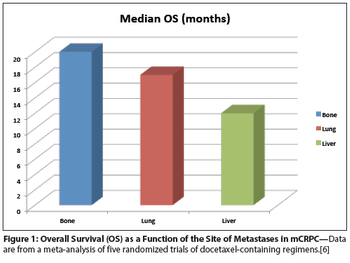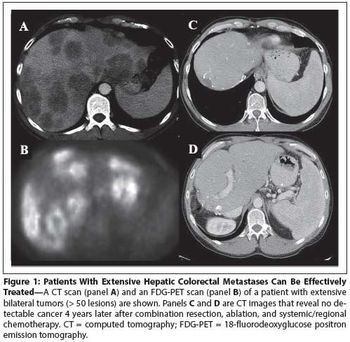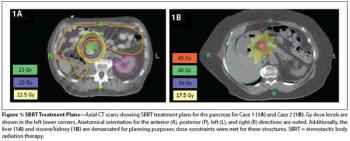
Clinical trial results to date show that men with visceral CRPC metastases do not benefit from ipilimumab, while their counterparts with bone- or node-only metastases do. This suggests that visceral metastases should be a stratification factor for future immunotherapy clinical trials.





